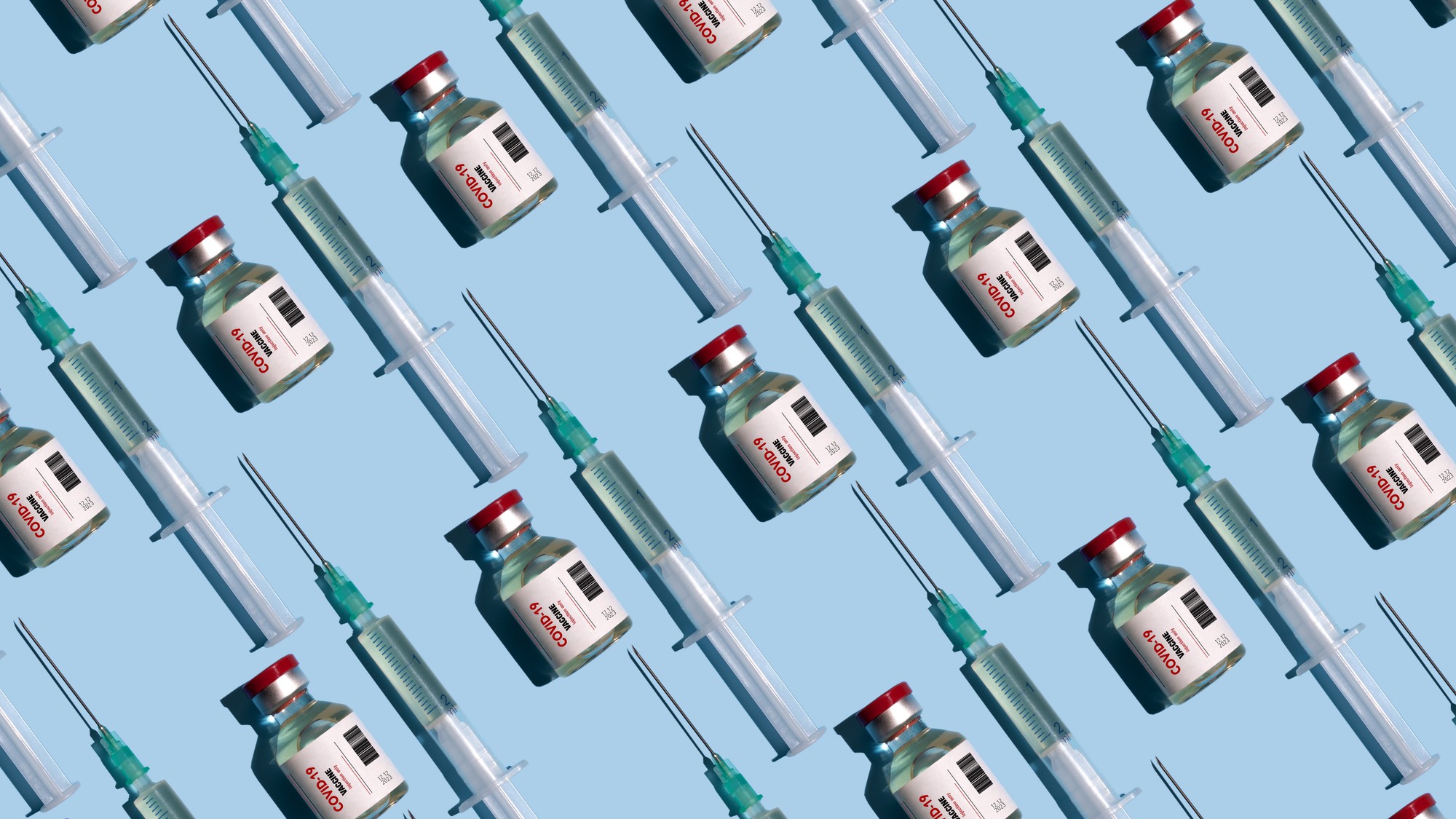Health
Study Reveals Covid-19 mRNA Vaccines May Enhance Cancer Treatment

Research indicates that Covid-19 mRNA vaccines could offer significant benefits beyond preventing the virus, potentially enhancing the effectiveness of immunotherapy for cancer patients. A recent study published in the journal Nature highlights how these vaccines may improve survival rates for individuals undergoing treatment for late-stage melanoma or lung cancer.
The study involved over 1,000 patients who received a type of immunotherapy known as immune checkpoint inhibitors, which work by blocking proteins that tumor cells use to evade the immune response. This approach trains the immune system to recognize and eliminate cancer cells. The study found that patients who received either the Pfizer or Moderna mRNA vaccines within 100 days of starting immunotherapy were more than twice as likely to be alive after three years compared to those who did not receive the vaccine.
Patients with cancer are often at a heightened risk of contracting viruses like Covid-19, but the increased longevity observed in the study is attributed to the mRNA technology in the vaccines. As reported by The Associated Press, the mRNA appears to enhance the immune system’s response to the cancer treatments.
Jeff Coller, a professor of RNA biology and therapeutics at Johns Hopkins Medicine, described the mechanism as leveraging the body’s natural processes. “You are using your body’s natural system to fight tumors,” he stated in an interview with NBC News.
The lead author of the study, Adam Grippin, expressed enthusiasm about the findings, calling the data “incredibly exciting.” He emphasized that further research is necessary to confirm these initial results through a Phase III clinical trial. Should these findings hold in subsequent studies, they could mean that this widely available and low-cost intervention might extend the benefits of immunotherapy to millions of patients who currently do not benefit from such treatments.
The application of mRNA technology in cancer treatment is not entirely new. Scientists have already developed personalized mRNA cancer vaccines tailored to target specific tumors and genes commonly found in certain cancers, such as pancreatic cancer. Unlike these personalized vaccines, Covid-19 mRNA vaccines are not individualized and can be administered at various stages of a patient’s cancer treatment.
Despite the potential benefits, there has been skepticism surrounding mRNA vaccines in some political circles. The administration of former President Donald Trump reportedly halted 22 mRNA vaccine development projects, citing concerns over their efficacy against upper respiratory infections, as stated by the Department of Health and Human Services.
As research continues, the implications of these findings could reshape the landscape of cancer treatment, offering new hope for patients and healthcare providers alike.
-

 Business2 weeks ago
Business2 weeks agoIconic Sand Dollar Social Club Listed for $3 Million in Folly Beach
-

 Politics2 weeks ago
Politics2 weeks agoAfghan Refugee Detained by ICE After Asylum Hearing in New York
-

 Health2 weeks ago
Health2 weeks agoPeptilogics Secures $78 Million to Combat Prosthetic Joint Infections
-

 Science2 weeks ago
Science2 weeks agoResearchers Achieve Fastest Genome Sequencing in Under Four Hours
-

 Lifestyle2 weeks ago
Lifestyle2 weeks agoJump for Good: San Clemente Pier Fundraiser Allows Legal Leaps
-

 Health2 weeks ago
Health2 weeks agoResearcher Uncovers Zika Virus Pathway to Placenta Using Nanotubes
-

 World2 weeks ago
World2 weeks agoUS Passport Ranks Drop Out of Top 10 for First Time Ever
-

 Business2 weeks ago
Business2 weeks agoSan Jose High-Rise Faces Foreclosure Over $182.5 Million Loan
-

 Science2 weeks ago
Science2 weeks agoMars Observed: Detailed Imaging Reveals Dust Avalanche Dynamics
-

 Entertainment2 weeks ago
Entertainment2 weeks agoJennifer Lopez Addresses A-Rod Split in Candid Interview
-

 Top Stories1 week ago
Top Stories1 week agoChicago Symphony Orchestra Dazzles with Berlioz Under Mäkelä
-

 World2 weeks ago
World2 weeks agoRegional Pilots’ Salaries Surge to Six Figures in 2025







